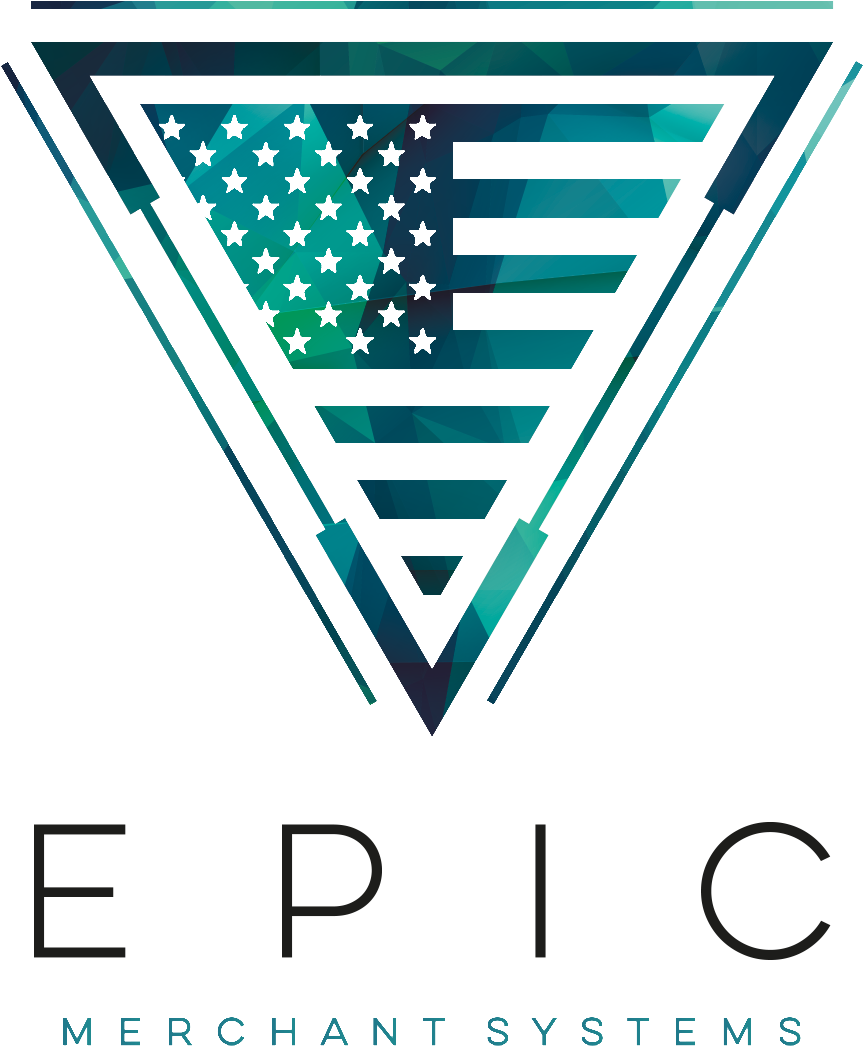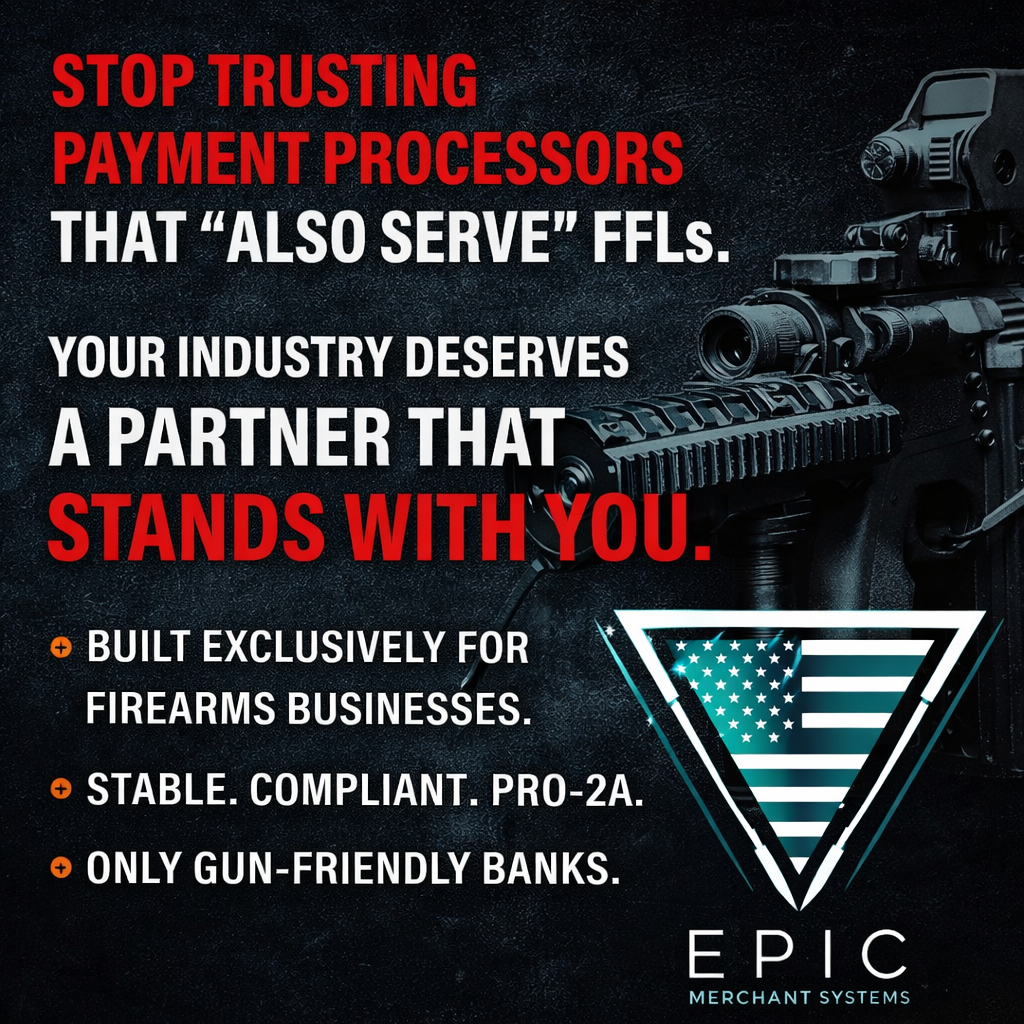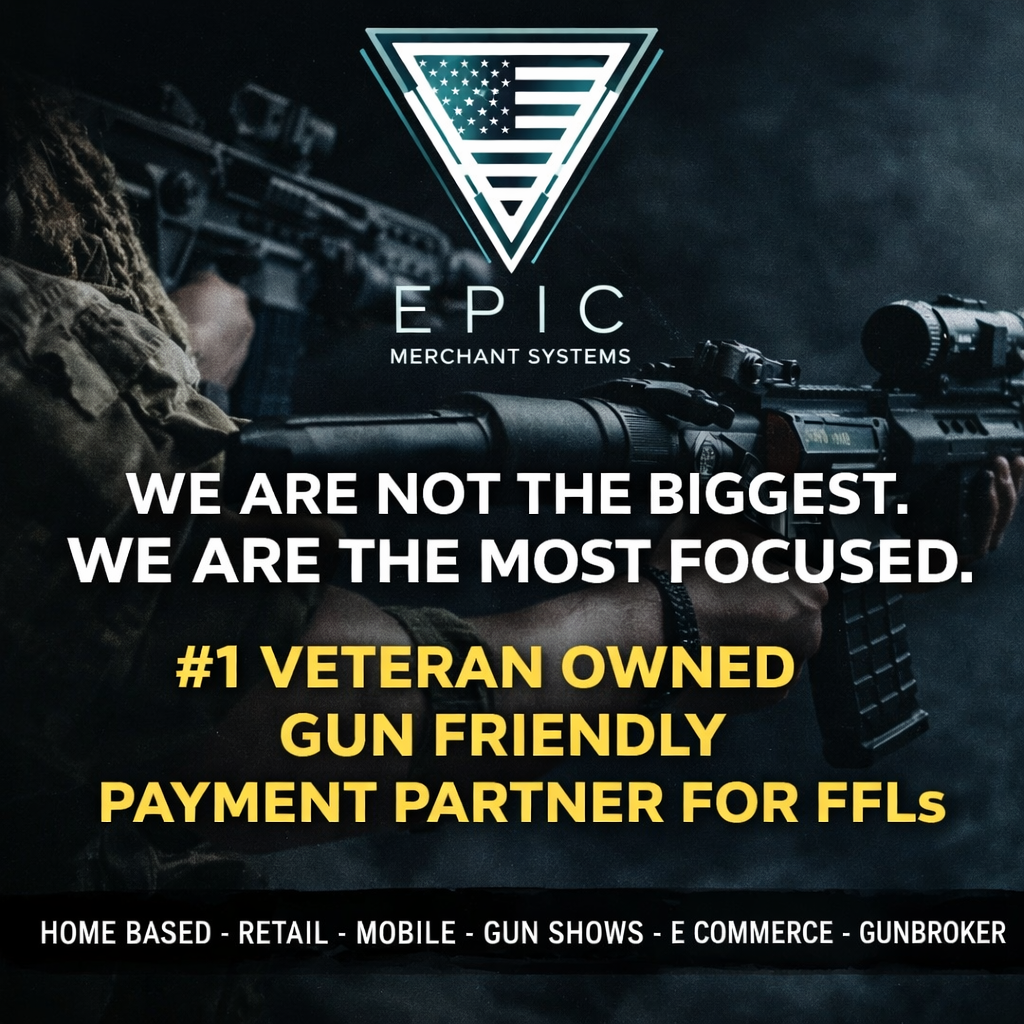Here is what you need to know about Chargebacks.
The purpose of a chargeback is to protect consumers against merchant and individual fraud. A chargeback is also known as a demand that a retailer make good on a fraudulent or disputed transaction.

It's that simple...or not so simple. At some point, most merchants will encounter a chargeback from a customer. Essentially, it is a dispute over products sold or services rendered by a customer with their card issuing bank. If the bank does this, the merchant can be made to reverse the transaction and return the sales amount to the customer.
Chargebacks are designed to protect consumers. Customers who are unsatisfied with a transaction can contact their credit card companies and request a chargeback. When the dispute process is initiated, the merchant is responsible for providing proof that the services were rendered correctly. Along with possibly losing out on the sale amount, the merchant is charged a chargeback fee by their processor (usually between $15 to $50), which may even exceed the amount of the initial sale. Some merchant service providers are willing to help with chargeback fees for their merchants, but not all.
Upon receiving a dispute from a merchant and providing the additional information requested to refute the claim, the card issuer will make a final determination. A chargeback will either be deemed valid by the issuer and the amount permanently removed from the merchant's bank account, or invalid and the amount will be posted back to the merchant. Because of this, it is imperative that merchants ensure proper customer service and retain necessary transaction information and supporting documentation to reduce the risks of chargebacks.
Tips on avoiding chargebacks
· On receipts and invoices, be sure the name of your business is the same name your customers will recognize.
· React promptly to retrieval requests and provide all information requested. Following receipt of a retrieval request, the business will typically have two weeks to respond and provide supporting documents.
· Be sure to inform your customer that you will charge them. It may seem simple, but it is among the leading reasons merchants receive chargebacks.
· Using an EMV-compliant credit card reader does not require you to collect receipt signatures. In addition to being called chip cards, EMV cards also contain information that has a chip rather than a magnetic stripe. Small businesses may still find receipt signatures useful, such as restaurants that use them to collect tips, or service professionals who use them as proof of approval for work orders or as proof of work completion.
· Do not go above and beyond to get the card approved if it has been declined. Request another form of payment instead.
· If you use a virtual terminal or a phone order, make sure that you use and receive Address Verification (AVS) to confirm the billing address matches the credit card.
A customer service number should be provided on invoices with up-to-date business information. That way, simple misunderstandings will be avoided.
· We would like to share one of the most important tips: When shipping expensive items, be sure to obtain proof of delivery, preferably to the billing address by the cardholder. In this way, the business can be protected from fraud that could lead to major financial losses.
Chargebacks are detrimental to businesses, resulting in lost sales and additional fees. Businesses may be fined heavily or be denied the ability to accept credit or debit card payments entirely. Our goal at EPIC is to keep our merchants informed, to fight on behalf of our merchants, and to take care of chargeback fees when appropriate. We believe that it is our responsibility to inform and protect our merchants. We encourage you to contact our team if your processor isn't doing so. It would be our pleasure to assist you. Contact us at 888-350-0147 or info@epicmerchantsystems.com.








